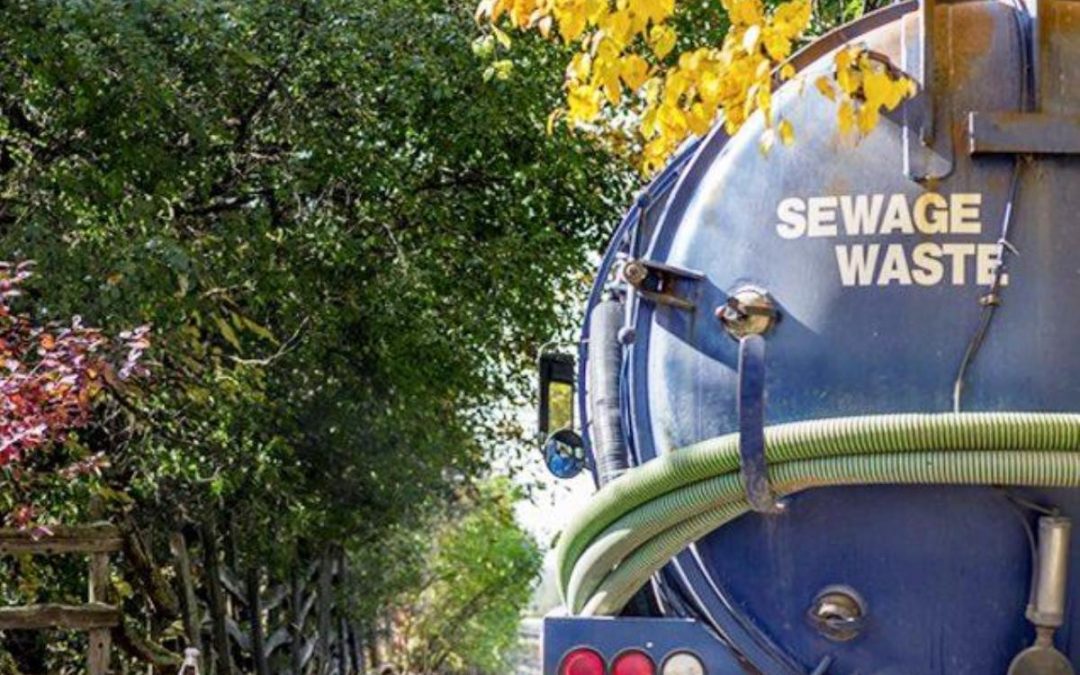Reclaim Waste for Beginners
Reclaim Waste for Beginners
Blog Article
Not known Incorrect Statements About Reclaim Waste
Table of ContentsSome Known Questions About Reclaim Waste.See This Report about Reclaim WasteUnknown Facts About Reclaim WasteThe 5-Minute Rule for Reclaim WasteGetting My Reclaim Waste To Work
Residential sewer waste refers to the waste and products from a property septic tank. The proper monitoring and disposal of domestic sewage waste require fluid waste to be moved to a sewer therapy plant where the appropriate techniques and tools are applied to cleanse and dispose of waste.
Commercial waste frequently includes prospective dangers, such as combustible products or a mixture of liquid and solid waste products, and calls for an advanced and comprehensive disposal procedure. The disposal of commercial waste commonly involves the purification of waste before transport to make certain secure and correct disposal. Hazardous waste is produced from byproducts and runoff of industrial procedures and production.
This type of waste can not utilize the exact same sewer management transport or procedures as septic or commercial liquids. The hazardous waste administration process calls for the inspection and screening of fluid waste prior to it undertakes the disposal procedure (liquid waste removal melbourne). Overflow waste is the fluid waste that comes from drainage and excess stormwater in very inhabited areas or cities
Runoff waste can trigger contamination and flooding if not taken care of properly. Discover more about sewage system cleansing and waste monitoring. Ensuring correct waste monitoring can protect against disasters and lower environmental injury. Both people in property settings and specialists in commercial or manufacturing markets can take advantage of recognizing the procedures and guidelines of fluid waste monitoring.
Reclaim Waste Can Be Fun For Anyone
Call PROS Services today to learn more about our waste management and disposal solutions and the correct ways to look after the fluid waste you generate.
(https://www.kickstarter.com/profile/reclaimwaste1/about)Do you recognize what takes place to your water when you end, flush the bathroom or drain pipes the washing machine? No? Well, it's worth understanding. This so-called 'wastewater' is not just an important resource but, after treatment, will be launched to our land, waterways or the ocean. Used water from commodes, showers, baths, kitchen sinks, washings and commercial procedures is referred to as wastewater.

water utilized to cool down machinery or clean plant and equipment). Stormwater, a type of wastewater, is overflow that flows from agricultural and city locations such as roofs, parks, gardens, roads, courses and seamless gutters into stormwater drains pipes, after rainfall. Stormwater streams without treatment directly to neighborhood creeks or rivers, ultimately reaching the ocean.
See This Report on Reclaim Waste
In Queensland, many wastewater is treated at sewer therapy plants. Wastewater is carried from residential or commercial websites through a system of sewage systems and pump terminals, referred to as sewage reticulation, to a sewage treatment plant. Regional governments construct, keep and run most sewer treatment plants. Operators are licensed under the Environmental Security Act 1994 to discharge treated wastewater at an acceptable environmental requirement right into rivers.
The Department of Natural Resources advises city governments about handling, operating and preserving sewage systems and therapy plants. In unsewered areas, city investigate this site governments may require homeowners to set up private or house sewage treatment systems to deal with domestic wastewater from toilets, cooking areas, restrooms and laundries. The Division of Natural Resources authorises the usage of family systems when they are confirmed to be reliable.
In some new communities, treatment of some stormwater to get rid of litter, sand and gravel has started using gross contaminant traps. Wastewater therapy occurs in four phases: Gets rid of solid issue.
Uses little living organisms recognizes as micro-organisms to damage down and get rid of remaining liquified wastes and great fragments. Micro-organisms and wastes are incorporated in the sludge.
Fascination About Reclaim Waste
Nutrient removal is not available in any way sewer therapy plants due to the fact that it calls for expensive specialised tools. It is ending up being much more typical in Queensland. Clear fluid effluent created after treatment may still include disease-causing micro-organisms. If this effluent is released right into waterways such as rivers or the sea, the micro-organisms will eventually die out.

This generally implies wastewater needs to be treated or impurities eliminated before it can be discharged to waterways. Many wastewater flows right into the sewage system. Under the Act, city governments carry out authorizations and licences for eco relevant tasks (Ages) including wastewater launches that may have a local influence. The department administers authorizations and licences to ERAs involving wastewater launches that may have a regional or statewide effect.
How Reclaim Waste can Save You Time, Stress, and Money.
Or else, samples are considered lab evaluation. Often numerous tests are required to establish the levels of each of the various contaminants such as oils, hefty steels and pesticides in water. Surveillance provides accurate info concerning water high quality and can validate that permit problems are being satisfied. The details gotten through tracking provides the basis for making water high quality choices.
Report this page